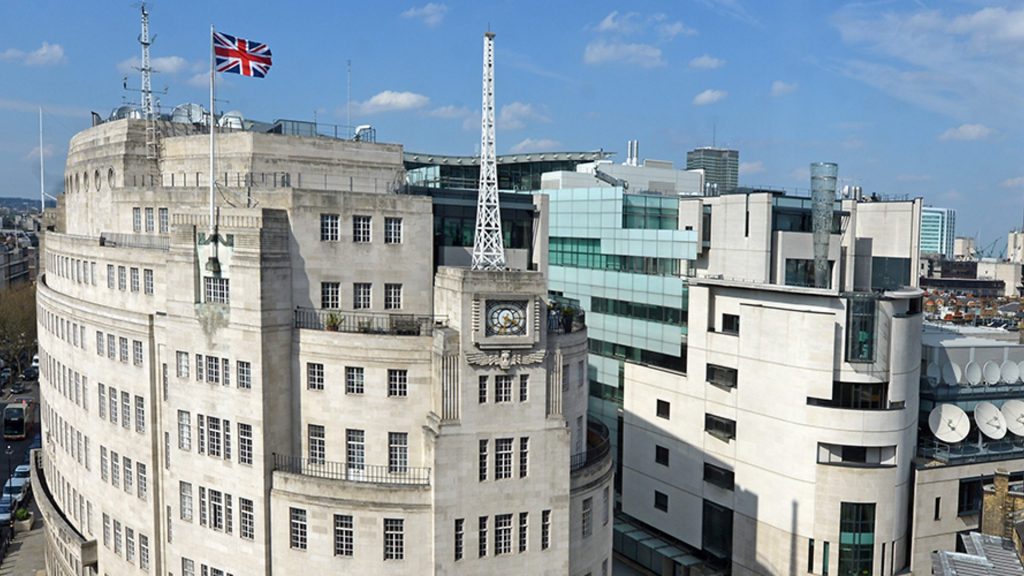
After more than 40 years of operation, DTVE is closing its doors and our website will no longer be updated daily. Thank you for all of your support.
NFBUK calls on BBC to cancel red button shutdown
 The BBC and Downing Street have been presented by a petition signed by more than 100 organisations calling on the pubcaster to save the red button.
The BBC and Downing Street have been presented by a petition signed by more than 100 organisations calling on the pubcaster to save the red button.
BBC Red Button, which launched in 1999, serves as the modern equivalent to Ceefax, which shut down in 2012, and allowed users to read news and sports content through their TV. The broadcaster confirmed last September that the service would be switched off “from early 2020”.
A BBC spokesperson said that the changes will begin happening from Thursday, January 30, though the complete shutdown “will take a few weeks”.
Now, with that deactivation fast approaching, a petition has organised by the National Federation of the Blind of the UK (NFBUK) which argues that the service is vital for the elderly with limited sight and hearing and for those without access to the internet.
The petition says that the body “is concerned that by withdrawing the Red Button Teletext service, it will leave many people, who are already vulnerable, further isolated and marginalised from society”.
The NFBUK goes on to claim that it “cannot find any reference to a recent Public Interest Test being undertaken on the withdrawal of the BBC Red Button Teletext Service” and that such testing is required for “any significant changes in the provision of services provided by the BBC”.
The petition finally calls upon the BBC to conduct a ‘Public Interest Test’ “in collaboration and consultation with disabled peoples organisations, charities and organisations for and of disabled and older people and all other affected groups” along with an immediate pause on the withdrawal.
The BBC said that independent research had already been carried out prior to the announced changes. The pubcaster also argued that the service is no longer required, with nearly 80% of British adults now owning a smartphone, and that it has an unnecessary cost of £39 million per year to run.
Elsewhere at the BBC, Match of the Day presenter Gary Linekar – the broadcaster’s highest paid presenter – has said that the licence fee should become a voluntary charge.
In comments made to The Guardian, the ex-Leicester City and Barcelona footballer said that the licence fee is the BBC’s “fundamental problem”. He suggested the fee be charged at a higher rate to subsidise elderly and lower income households.
Linekar said: “You’re forced to pay it if you want a TV, and therefore it’s a tax.
“You would lose some people, but at the same time you’d up the price a bit. It’s the price of a cup of coffee a week at the moment. If you put it up you could help older people, or those that can’t afford it.”



